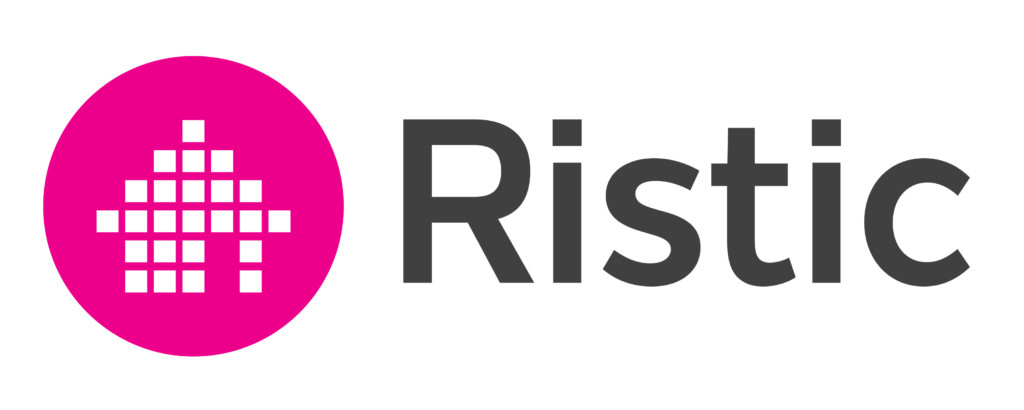| Fixed or Variable Rate Home Loan?
Choosing the right mortgage type and understanding the different options can be a daunting task when purchasing a home. One crucial decision to make is whether to opt for a fixed or variable rate loan. Each option comes with its own advantages and disadvantages, which depend on your individual circumstances. Let’s take a closer look at the pros and cons of each.
Fixed Rate Home Loans:
Pros:
- With a fixed rate mortgage, you can lock in an interest rate for a specific period, usually ranging from 1 to 6 years. This allows you to know precisely what your repayments will be during that time, which is beneficial for budgeting and planning.
- Choosing a fixed rate provides peace of mind since your interest rate will remain constant, ensuring no unexpected fluctuations in your repayment amount.
Cons:
- Fixed rate home loans offer less flexibility compared to variable rate loans. If interest rates decrease, you won’t be able to take advantage of the lower rates.
- Some lenders may restrict extra repayments, early mortgage payoff, or switching to another loan type, or charge fees for such actions.
- Fixed home loans are most suitable when you expect your circumstances to remain unchanged throughout the fixed term and are comfortable without the flexibility offered by variable rate mortgages.
Variable Rate Mortgages:
A variable rate home loan is one where the interest rate can fluctuate over time, usually in line with changes in the official interest rate set by the Reserve Bank. This means the interest rate on your loan can both increase and decrease during the loan term, which can have pros and cons.
Pros:
- Variable rate mortgages are generally more flexible than fixed rate loans. They typically offer several benefits, including:
- The possibility of reducing your interest rate if official interest rates decrease.
- Making extra repayments without incurring additional costs.
- Paying off your loan earlier.
- Utilizing an offset account.
- Having a redraw facility or line of credit.
Cons:
- Variable rate mortgages involve more uncertainty compared to fixed rate loans. If interest rates rise unexpectedly and you are unprepared, it could potentially lead to financial difficulties. Therefore, it’s important to consider the potential fluctuations in interest rates.
There are two types of variable rate home loans to consider:
- Basic: These loans have fewer features and less flexibility but generally come with a lower interest rate.
- Standard: Standard variable rate home loans offer more features and flexibility, but the interest rate is typically higher.
Making a Decision:
Since predicting interest rate changes accurately is difficult, the best approach is to evaluate your personal situation, lifestyle, and goals. There is no right or wrong answer; the key is to make the right choice for yourself.
Can I Split My Loan?
Yes, it is possible to hedge your loan by splitting it between fixed and variable portions. This allows you to secure a fixed interest rate for a portion or a specific timeframe while keeping the rest as a variable rate. The allocation of portions and timeframes can vary.
It’s advisable to have a detailed discussion with your mortgage broker to explore these options further and make an informed decision based on your individual circumstances.
Disclaimer: Although all care is taken. We do not give any warranty whatsoever to the accuracy of any content.
This is not meant to be financial or professional advice and is only of general nature. You must seek professional advice before taking any actions. The above information comes with no warranties whatsoever. We take no responsibility for any actions you may or may not take. All content is of general nature only and is NOT to be taken as advice whatsoever
